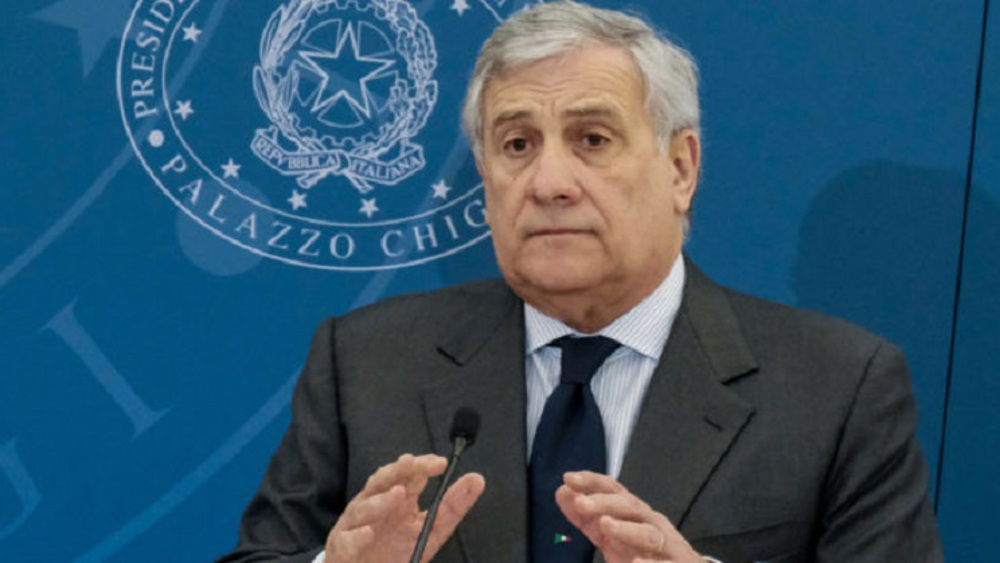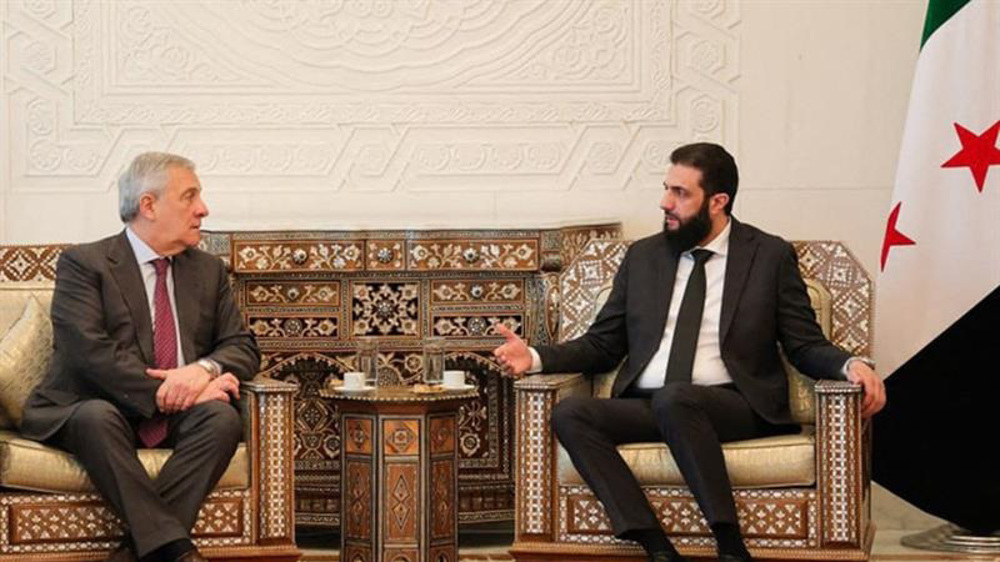Greek governor calls for state of emergency on Macedonia border
A regional governor in Greece has called on Athens to declare a state of emergency in and around the village of Idomeni on the Greek-Macedonian border, where thousands of refugees are stranded due to border restrictions along the path to Western Europe.
"It's a huge humanitarian crisis. I have asked the government to declare the area in a state of emergency. This cannot continue for much longer," Apostolos Tzitzikostas, the governor of the Greek region of Central Macedonia, said on Saturday.
Tzitzikostas, whose region shares the same name as the neighboring country, said that at least 13,000 people are trapped in Idomeni, while another 6,000-7,000 are being housed in the camps around the village as Macedonia is letting very few in.

The governor said the region requires emergency measures so that local authorities can obtain necessary supplies and food to distribute among the refugees and enhance their living conditions.
Asylum seekers have become stranded in Greece after Austria and some Balkan countries such as Macedonia imposed restrictions on their borders, limiting the numbers able to cross.
Macedonia "needs to open immediately to borders and the European Union (EU) needs to implement severe action against the countries that are closing borders today, whether they are members of the European Union or candidate members," Tzitzikostas said, adding, "This is unacceptable what they are doing."

Tzitzikostas’ remarks came ahead of the EU-Turkey summit over the refugee crisis on Monday.
"We are expecting Turkey to start finally doing what it should be doing for months now and we also expect our European partners to start receiving refugees in their countries," the Greek governor said, who added, "There needs to be a proportional distribution between the countries."
During the Monday meeting, Brussels and Ankara are expected to discuss the implementation of a joint action plan that the EU hopes will limit the influx of asylum seekers from Turkey to Greece.
The EU has offered Ankara three billion euros (USD 3.3 billion) in return for its attempts to stem the flow of hundreds of thousands of refugees arriving in the continent via Turkey.

Europe is facing an unprecedented influx of refugees. Over 131,000 asylum seekers have reached Europe via the Mediterranean Sea so far this year, more than the total number recorded in the first half of 2015, according to the latest figures released by the United Nations High Commissioner for Refugees (UNHCR).
Many blame some Western countries’ support for militants operating in the Middle East as the main reason behind the mass exodus of refugees from their home countries.
Biden administration ‘quietly’ circumnavigating own ban on TikTok: Report
Iran Navy takes delivery of first advanced ‘signals-intelligence’ destroyer
Italian TV exposes Israeli manipulation of EU institutions
UK anti-corruption minister Siddiq resigns over links to Bangladesh ‘embezzlement probe’
VIDEO | Indian-administered Kashmir honors Imam Ali’s legacy of justice, leadership
Israel kills female Palestinian journalist based in Gaza’s Indonesian Hospital
US lawmakers demand answers from Biden on Israeli killing of Turkish-American activist
Araghchi: Iran never left negotiation table as its nuclear program ‘peaceful’















 This makes it easy to access the Press TV website
This makes it easy to access the Press TV website